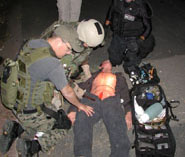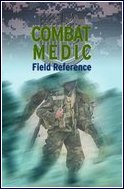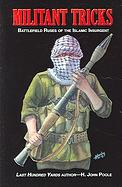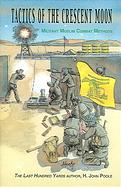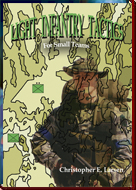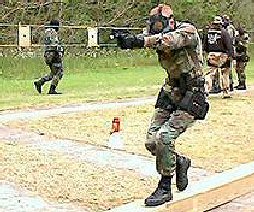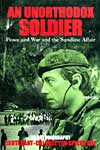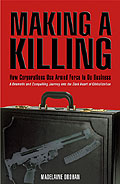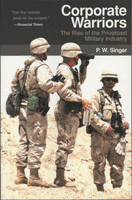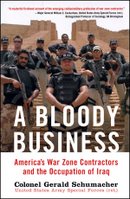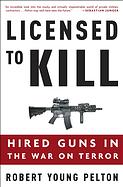 This year thousands of private soldiers will be deployed in conflicts worldwide. These individuals, known as private security contractors, are changing the face of modern warfare. But to those at home, their world and influence remains a mystery.
This year thousands of private soldiers will be deployed in conflicts worldwide. These individuals, known as private security contractors, are changing the face of modern warfare. But to those at home, their world and influence remains a mystery.
Who are these security contractors?
What do they do?
Why do they do it?
Shadow Company, by Nick Bicanic and Jason Bourque, is the groundbreaking feature-length documentary that reveals the origins and destinations of these modern-day mercenaries.
In the late 20th Century the distinction between soldier and mercenary became blurred. The recent use of private military companies (PMC) in Iraq has been more extensive (and more high profile) than at any time in modern history. The issues raised by the brutal killing of four PMC staff in Fallujah in April 2004 and the subsequent reaction of the general public and the US Army make it clear that these “contractors” are not merely workers in a foreign land. James Ashcroft, a 28 year-old employee of a large PMC currently under contract in Iraq, is our guide to this world. James’s job differs little from his colleagues in the Coalition Forces -- there are many similarities in loyalty, honor, code of ethics, chain of command and opera- tional conduct—but James’s salary, for one thing, tops that of a US soldier three times over. Through letters, photos and personal video, James provides an intimate introduction into his life as a modern day “soldier for hire”.
To counterpoint James’ personal views – directors Nick Bicanic and Jason Bourque traveled the globe, interviewing PMC staff, owners and lobbyists, former mercenaries, academics, jour- nalists and top authors. They complimented these interviews with pop culture representations of mercenaries culled from TV shows, video games and, of course, action adventure films. As a result, Shadow Company contextualizes, at both a personal and a global level, the role of private soldiers and PMCs in modern day conflicts. The film explores the moral and ethical is- sues “private military” solutions create for Western governments and the United Nations and addresses the risks of allowing profit-motivated corporations into the business of war.
Interviewees include:
- Alan Bell, president of Globe Risk Holdings and a global authority on security related matters
- Phil Lancaster, ex-Canadian Army and a UN forces leader in Sudan, Uganda, Rwanda, Burundi and Afghanistan
- Cobus Claassens, a veteran of the South African military and current Security Contractor
- Peter Singer of the Brookings Institute, author of Corporate Warriors
- Madelaine Drohan, author of Making a Killing – How and Why Corporations use Armed Force to do Business
- Robert Young Pelton, author of World’s Most Dangerous Places, adventurer and acquaintance of many a miscreant/warlord/mercenary.
